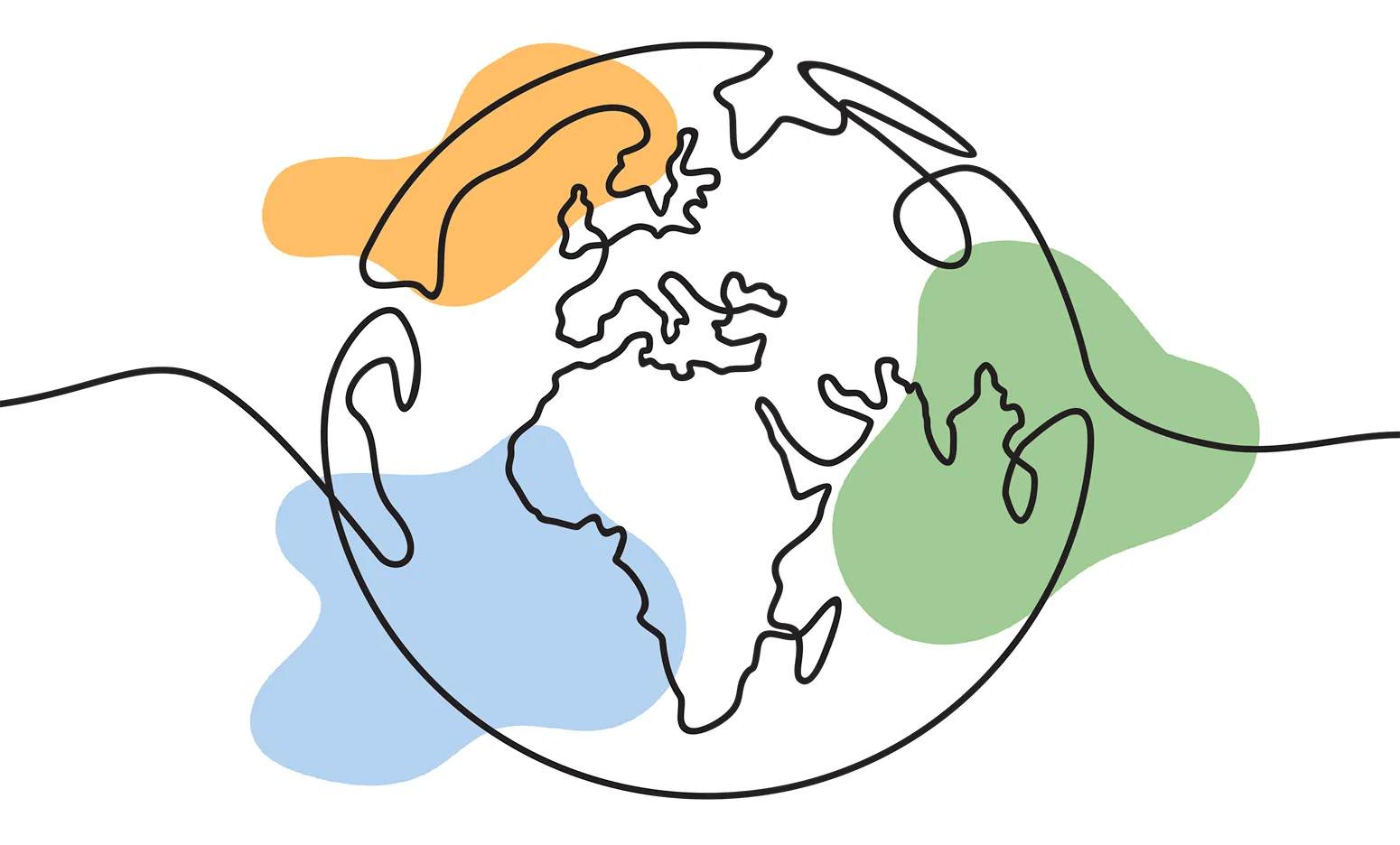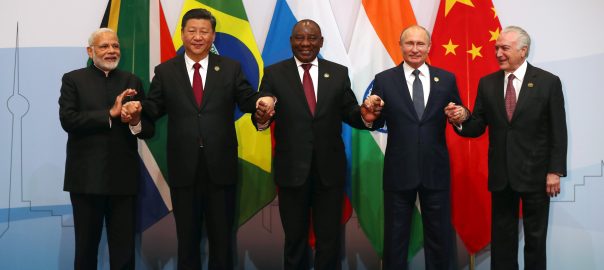Emerging powers, often characterized by their rapid economic growth and increasing geopolitical influence, play a crucial role in shaping global governance. As these nations gain prominence on the world stage, they impact international institutions, norms, and policies. This article analyzes the role of emerging powers in global governance, exploring their influence on international relations, the challenges they face, and the implications for the global order.
Defining Emerging Powers
1. Characteristics of Emerging Powers
Economic Growth:
Emerging powers are typically characterized by rapid economic growth and development. This economic expansion allows them to increase their influence in global markets and institutions.
Geopolitical Influence:
These countries are expanding their geopolitical influence through strategic partnerships, military capabilities, and diplomatic initiatives. Their growing clout affects global decision-making processes and power dynamics.
Regional Leadership:
Emerging powers often seek to play leadership roles within their regions, using their economic and political weight to shape regional policies and initiatives.
2. Examples of Emerging Powers

China:
China’s rise as a global power is marked by its significant economic growth, expanding military capabilities, and assertive foreign policy. It plays a central role in international institutions and global trade.
India:
India’s growing economy, strategic positioning, and democratic values contribute to its rising influence. It is increasingly involved in global governance, from climate change negotiations to peacekeeping missions.
Brazil:
Brazil’s role as a leading economy in Latin America and its participation in global forums highlight its emerging power status. It advocates for regional integration and global environmental initiatives.
Influence on International Institutions
1. Reforming Global Institutions
Representation and Governance:
Emerging powers advocate for reforms in global institutions, such as the United Nations Security Council and the International Monetary Fund, to reflect the changing global balance of power. They seek greater representation and influence in decision-making processes.
New Institutions:
These nations are also establishing new international institutions and platforms to address specific issues and promote their interests. For example, the BRICS group (Brazil, Russia, India, China, South Africa) represents an alternative forum for cooperation and dialogue.
Impact on Global Norms:
Emerging powers contribute to shaping global norms and standards, influencing issues such as trade, security, and climate change. Their perspectives and interests impact the evolution of international rules and agreements.
2. Economic and Trade Influence
Trade Policies:
Emerging powers use their economic leverage to shape global trade policies and agreements. Their growing consumer markets and production capabilities influence global supply chains and trade practices.
Investment Strategies:
These nations invest heavily in infrastructure projects and development initiatives worldwide, such as China’s Belt and Road Initiative. Their investment strategies affect global economic patterns and regional development.
Development Assistance:
Emerging powers provide development assistance and humanitarian aid, often targeting regions with strategic or economic importance. This assistance enhances their influence and strengthens bilateral relations.
Challenges Faced by Emerging Powers
1. Internal Challenges
Economic Disparities:
Rapid economic growth can lead to internal disparities and social inequalities. Emerging powers must address these challenges to maintain stability and sustainable development.
Political Stability:
Political stability is crucial for sustaining growth and influence. Emerging powers face challenges related to governance, corruption, and political reform, which can impact their global standing.
Environmental Concerns:
As emerging powers industrialize, they confront environmental challenges, including pollution and resource depletion. Balancing economic growth with environmental sustainability is a key issue for these nations.
2. Geopolitical Tensions
Regional Rivalries:
Emerging powers often face regional rivalries and conflicts. Their efforts to expand influence can lead to tensions with neighboring countries and other global powers.
International Relations:
Navigating complex international relations requires balancing national interests with global responsibilities. Emerging powers must manage their relationships with established powers and participate in global governance effectively.
Security Issues:
As emerging powers expand their military capabilities, they may face security challenges and conflicts. Ensuring regional and global security while advancing their interests is a critical consideration.
Implications for Global Governance
1. Shifts in Power Dynamics
Multipolar World:
The rise of emerging powers contributes to a multipolar world order, where multiple centers of power influence global governance. This shift affects the dominance of traditional powers and changes the dynamics of international relations.
Collaborative Governance:
Emerging powers increasingly participate in collaborative governance efforts to address global challenges. Their involvement in initiatives related to climate change, security, and economic development shapes the future of international cooperation.
Norms and Standards:
The influence of emerging powers impacts the development of global norms and standards. Their perspectives and interests shape international agreements and policies, reflecting a broader range of viewpoints.
2. Opportunities and Challenges for Global Cooperation
Enhanced Cooperation:
Emerging powers offer opportunities for enhanced global cooperation and dialogue. Their diverse perspectives and contributions can enrich discussions on global issues and promote inclusive solutions.
Coordination and Conflict:
Balancing the interests of emerging powers with those of established nations requires effective coordination. Conflicts and disagreements may arise, necessitating diplomatic efforts and negotiation to achieve consensus.
Future Prospects:
The ongoing rise of emerging powers will continue to influence global governance. Understanding their roles, challenges, and contributions is essential for navigating the evolving international landscape and fostering effective global cooperation.
Conclusion
Emerging powers play a significant role in shaping global governance, influencing international institutions, economic policies, and regional dynamics. Their rise presents both opportunities and challenges for the global order, highlighting the need for adaptive strategies and collaborative approaches. As these nations continue to assert their influence, the evolution of global governance will reflect the complex interplay of traditional and emerging powers in addressing global challenges and opportunities.

